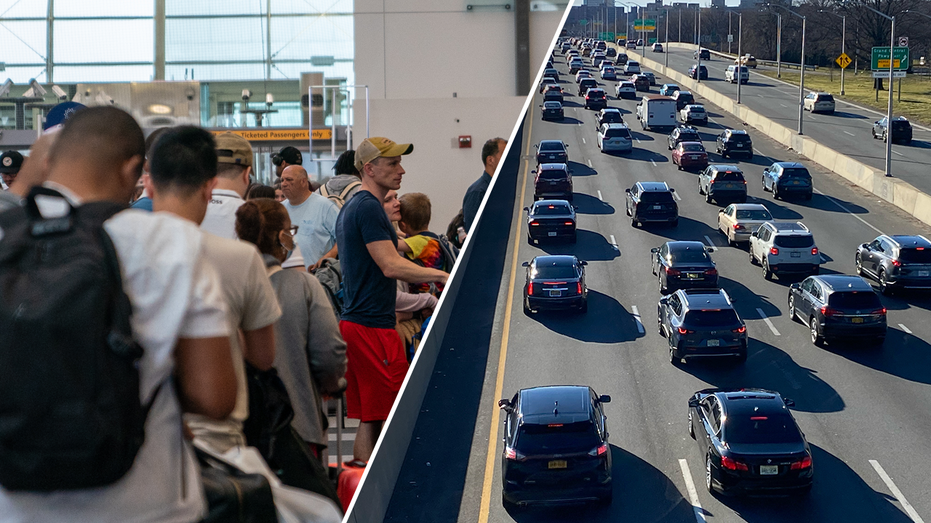If you’re among the projected record-breaking 70.9 million travelers this Fourth of July, brace yourself for potential delays and crowded routes. With summer vacations in full swing and the flexibility of remote work, more Americans are extending their Independence Day celebrations, making this holiday week busier than ever.
Historic Travel Numbers
“This July 4 week will be the busiest ever, with an additional 5.7 million people traveling compared to 2019,” said Paula Twidale, Senior Vice President of AAA Travel.

The surge in travel is notable across both air and road. Approximately 5.74 million people are expected to fly to their destinations, marking a 7% increase from 2023, partly due to slightly cheaper domestic airfare this year. Additionally, 60.6 million people will travel by car, an increase of 2.8 million from last year. According to AAA partner and rental car company Hertz, cities like Dallas, Los Angeles, Denver, and San Francisco are showing the highest rental car demand.
Top Fourth of July Destinations
Popular destinations for Fourth of July travelers include both coastal and urban hotspots. States like Hawaii and Florida top the list for domestic travel, while Alaskan cruises are drawing visitors to cities like Seattle, Vancouver, and Anchorage. Beloved European destinations such as London and Rome are also seeing a significant influx of travelers.
Most Popular Domestic Destinations:
- Seattle
- Orlando
- Anchorage
- Honolulu
- Miami
Most Popular International Destinations:
- Vancouver
- London
- Rome
- Dublin
- Paris
Best and Worst Times to Travel
To navigate the holiday travel rush, timing is crucial. For those hitting the road, early departures are key. Travelers should aim to leave before noon on July 3 and 4 to avoid the heaviest traffic. For the return journey, departing before 11 a.m. on July 7 and after 7 p.m. on July 8 is recommended to steer clear of congestion.
Best Times to Drive:
- Departing before noon on July 3 and 4
- Returning home before 11 a.m. on July 7 and after 7 p.m. on July 8
Conversely, certain times are best avoided due to anticipated traffic jams. “Drivers in large metro areas can expect the worst traffic delays on Wednesday, July 3, as they leave town, and Sunday, July 7, as they return,” said Bob Pishue, transportation analyst at INRIX. On July 3 and 4, the most congested times will be between 2 p.m. and 7 p.m., while July 5 will see heavy traffic from 11 a.m. to 4 p.m. For those returning on July 6, the worst traffic will be between 10:30 a.m. and 2:30 p.m. July 7 is expected to be the most challenging day, with peak traffic between 2 p.m. and 8 p.m.
Worst Times to Drive:
- July 3 and 4: 2 p.m. to 7 p.m.
- July 5: 11 a.m. to 4 p.m.
- July 6: 10:30 a.m. to 2:30 p.m.
- July 7: 2 p.m. to 8 p.m.

To avoid delays and ensure a smoother journey, travelers are advised to monitor 511 services, local news stations, and traffic apps for up-to-the-minute road conditions. Being informed and flexible can make a significant difference in navigating the busiest travel week of the year.
